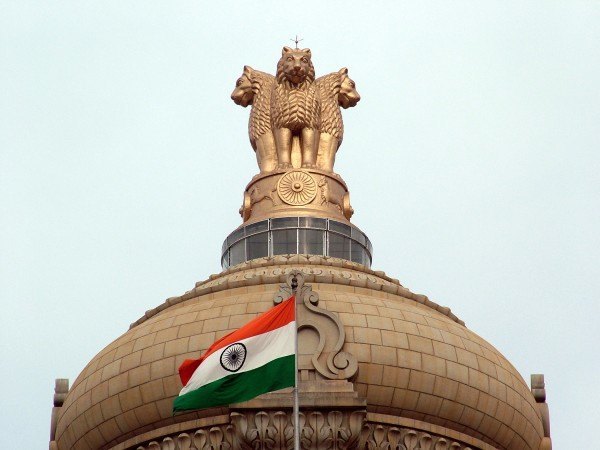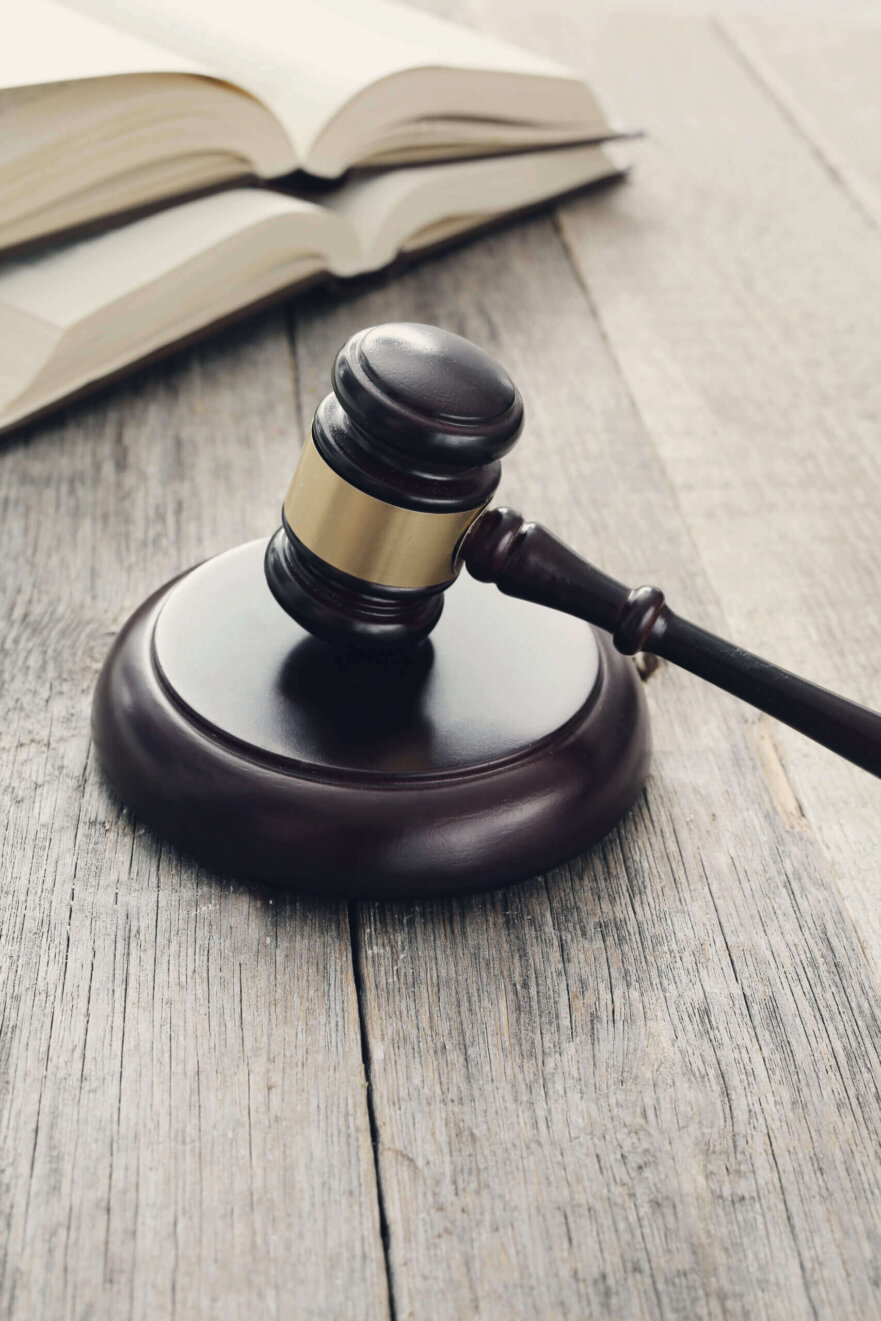
Right to Access to Justice Not Absolute:
Supreme Court’s Landmark Ruling
The Supreme Court of India has reaffirmed that while the right to access justice is a fundamental aspect of democracy, it is not absolute. In a recent judgment, the apex court imposed a penalty on a petitioner for filing multiple frivolous litigations, emphasizing the growing concern over the misuse of the judicial system. This ruling serves as a significant reminder that the judicial system must not be burdened with baseless lawsuits that hinder the administration of justice.
Understanding Frivolous Litigation
Frivolous litigation refers to lawsuits that lack any legal or factual basis and are often intended to harass, delay, or obstruct judicial proceedings. Such cases not only waste judicial resources but also create unnecessary backlogs, delaying justice for genuine litigants.
The Supreme Court has dealt with several similar cases in the past, which have shaped its stance on preventing misuse of legal provisions:
1. Subrata Roy Sahara vs. Union of India (2014)
In this high-profile case, Subrata Roy, the chairman of the Sahara Group, repeatedly delayed compliance with court orders regarding investor refunds. The Supreme Court criticized his delaying tactics and misuse of legal procedures. The court observed that frivolous petitions obstruct the administration of justice and can be used as a tool to evade accountability.
2. Dalip Singh vs. State of Uttar Pradesh (2010)
This case was a turning point in judicial history where the Supreme Court emphasized truthfulness in litigation. The petitioner, Dalip Singh, misrepresented facts and withheld critical information. The court strongly condemned such behavior, stating that the judicial system should not be a playground for deceitful litigants. It established the precedent that courts must discourage dishonest litigants from abusing the legal process.
3. K.C. Tharakan vs. State Bank of India & Ors (2023)
In this recent case, the Supreme Court dismissed a series of baseless petitions filed against the State Bank of India, labeling them as frivolous and a waste of judicial time. The verdict reaffirmed that the right to access justice must be exercised responsibly and that litigants must not exploit legal mechanisms for personal gain or vengeance.
What is the Right to Access to Justice?
The right to access justice is a fundamental principle of the rule of law. It ensures that every individual has the ability to seek and obtain legal remedies through courts or alternative mechanisms. However, the Supreme Court’s recent stance clarifies that this right does not extend to misusing legal channels for obstructing justice.
Supreme Court’s Stand on Access to Justice
In Anita Kushwaha v. Pushap Sudan (2016), the Supreme Court ruled that the right to access justice is a Fundamental Right under:
- Article 14 (Right to Equality)
- Article 21 (Right to Life and Personal Liberty)
The court held that access to justice includes affordable legal services, speedy trials, and impartial judicial processes, but must be exercised in good faith.
Legal Provisions Supporting Access to Justice
Several constitutional and legal provisions reinforce this right:
1. Constitutional Provisions
- Preamble: Guarantees social, economic, and political justice.
- Directive Principles of State Policy (DPSP): Article 39A mandates free legal aid for the underprivileged.
- Article 32 & Article 226: Provide the right to seek remedies through the Supreme Court and High Courts.
2. Public Interest Litigation (PIL)
- The Supreme Court relaxed the rule of locus standi, allowing public-spirited individuals to file cases on behalf of those who cannot.
- PILs have helped bring justice in cases related to human rights violations, environmental issues, and corruption, but the court has also warned against its misuse.
3. Alternative Dispute Resolution (ADR)
- ADR mechanisms like mediation, arbitration, and conciliation provide an efficient and cost-effective way to resolve disputes, reducing the burden on courts.
The Impact of Frivolous Litigation on Judicial Efficiency
India’s judicial system is already overburdened with over 4 crore pending cases. Frivolous cases contribute significantly to delays, depriving genuine litigants of timely justice. Key consequences include:
- Longer case resolution times: Genuine cases suffer as courts spend time on baseless lawsuits.
- Waste of judicial resources: Judges and legal personnel must dedicate time and effort to dismissing such cases.
- Financial burden on respondents: Defendants in frivolous cases incur unnecessary legal expenses defending themselves against baseless claims.
To counteract this issue, the Supreme Court has started imposing fines and penalties on litigants who misuse legal provisions, setting a strong deterrent against such practices.
Real-World Implications of This Judgment
This ruling has far-reaching consequences for various stakeholders:
1. For Litigants:
- Genuine petitioners must be reassured that courts are committed to efficient and fair justice.
- Those engaging in malicious litigation may face penalties.
2. For Lawyers:
- Legal practitioners must advise clients responsibly and refrain from filing baseless lawsuits.
- Ethical legal practices will be reinforced.
3. For Judiciary Aspirants:
- This case is essential for judicial exams, as it deals with constitutional rights, legal ethics, and access to justice.
- Aspirants must understand how courts balance fundamental rights and judicial discipline.
Why This Judgment Matters
This ruling is crucial in ensuring that the judicial system remains efficient and is not misused by those filing baseless cases. While access to justice is essential, it must be exercised responsibly to maintain the integrity of the legal process.
The Supreme Court’s emphasis on judicial discipline ensures that:
✔ The legal system remains fair and efficient.
✔ Genuine cases get the attention they deserve.
✔ Malicious litigants face strict consequences.
Conclusion
The Supreme Court’s condemnation of frivolous litigation serves as a reminder that access to justice comes with responsibility. It reinforces the need for judicial efficiency and discourages the misuse of legal rights.
For law students, legal practitioners, and judiciary aspirants, this case offers a valuable lesson on the balance between rights and responsibilities.
At Delhi Law Academy, we are committed to providing in-depth legal insights and preparing future legal professionals. Stay tuned for more updates on landmark judgments and legal developments.

